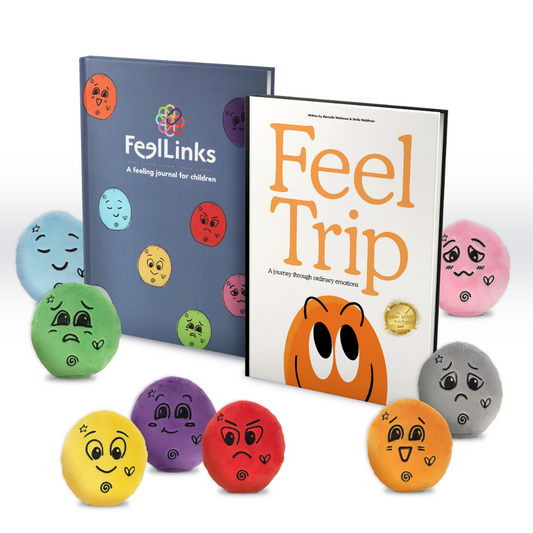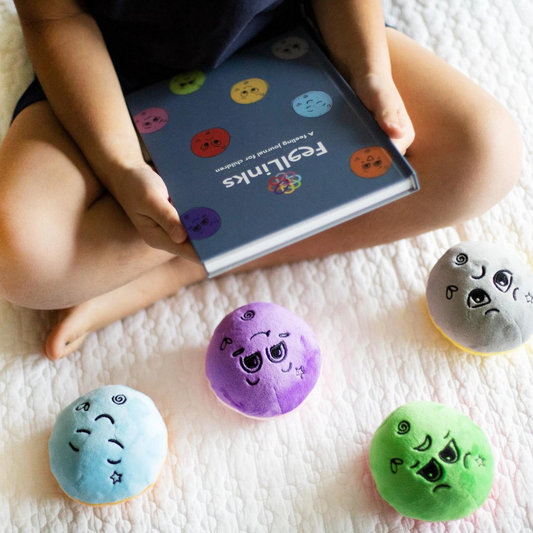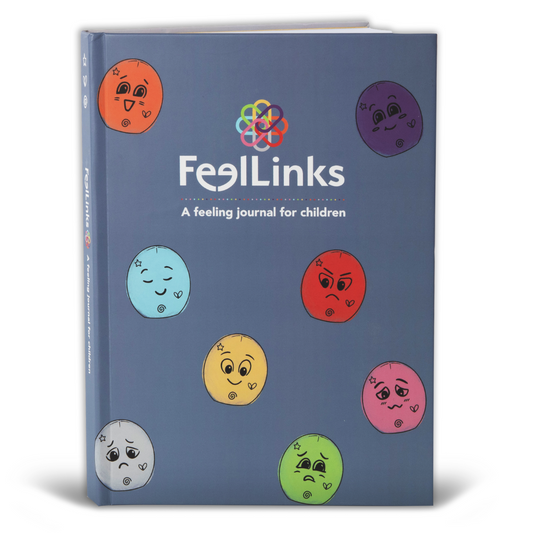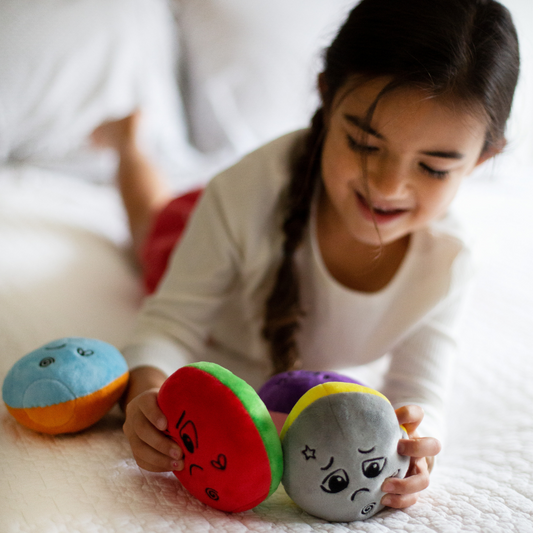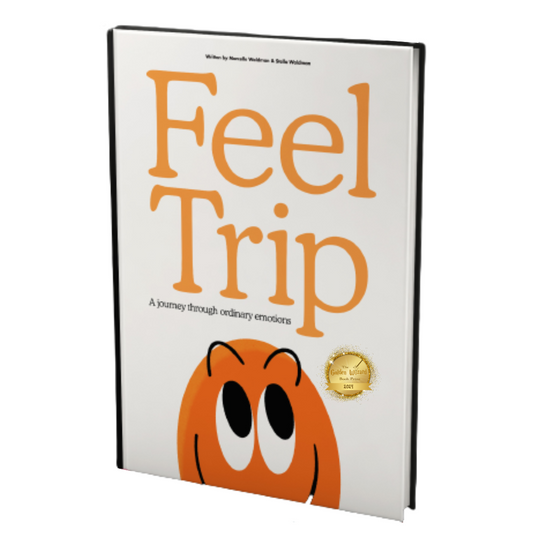How Can We Help The Next Generation Practice Kindness?
Share

Did you know that World Kindness Day is on November 13th?
While I don't necessarily feel we need a day set aside for kindness, because it should be a way of life, I do appreciate having a day to focus on kindness, giving us opportunity to talk, listen, learn, and practice all things kind.
What does 'kindness' mean to you?
I do not think I had personally reflected on this question until I read a book that profoundly resonated with me, Deep Kindness, by Houston Kraft. If you have not read this book, I highly recommend it for your "must reads" list. It's also a wonderful gift - I have gifted it to my children's incredible teachers. This book will certainly get you thinking deeply about what we all need to do to create a kinder, more compassionate, and inclusive world.
In the book, author Houston Kraft discusses the differences between "common kindness", "confetti kindness", and "deep kindness". "Deep kindness is the by-product of a whole lot of emotional intelligences coming together in concert to perform an action that may look externally simple by is quite internally complicated. It's the kind that overcomes generational hate and champions justice. It's the type of Kindness we must teach (and explore for ourselves) if we are ever going to live in a world that is less divisive and more compassionate." This book goes into great detail about the beauty and complexities of practicing kindness. World changing kindness requires empathy, grit, courage, forgiveness, and much more. I will not give it all away, I will let you read this beautiful, thought-provoking book for yourself. Like me, you might just think more deeply about, "What 'kindness' mean to you?"
For this post, I am going to focus on how we can instill and empower kindness in our children and students. The very first, most important piece, is that we must model and show by example. Kindness is learned by experiencing it, not just speaking about it. You might be as shocked as me to hear that in 2016, researchers from the Harvard Graduate School of Education, found that 80% of youth reported their parents care more about their personal achievements or happiness, over whether they are kind humans. 10,000 youth were surveyed to either agree or disagree with the following statement: “My parents are prouder if I get good grades in my classes than if I’m a caring community member.” Students were 3 times more likely to agree with this statement than disagree. My wish is that we can flip the script to say, "My parents are prouder if I am a caring community member, more than whether I get good grades in my classes." So how do we begin?
Preschool age kids are beginning to showing sympathy and compassion towards others. Take time to practice kindness together- leave treats outside your door for a delivery person, make cards for family, friends or a local retirement home, celebrate community heroes (ie: teachers, police, fire, nurses), pick up garbage at a local park, or in your neighborhood. Encourage children to contribute to chores at home or in the classroom. Begin with small household chores like, washing the fruit for breakfast or placing napkins on the dinner table. At school, all students should be involved and responsible for caring for their classroom. Classroom jobs are a wonderful way for students to contribute. Talk to children about how kindness makes them feel and how others feel. Point out and recognize other's acts of kindness.
Elementary age kids can organize or participate in food and clothing drives, create lemonade stands or other fundraisers and donate money to an important cause. This is a great time to encourage your child to empathize, look at situations from other's perspectives, and have discussions about what we look for in friendships. When I asked my 11 year-old daughter words to describe what she looks for in friends, she replied: kindness, loyalty, honesty, and compassion 🥰.
Middle school and high school age youth can dig deep in to what they are passionate about. Seek volunteer opportunities, raise funds, or find other ways to get involved in supporting important causes. Talk about character, morals and values. Discuss ways to get involved and advocate for current events that are meaningful to them.
Parents, caretakers and teachers, it is critical to show kindness to our children, validate how they are feeling, be empathetic, and compassionate. Children learn from us; how you treat yourself and other's is how they will learn to treat themselves and other's. Let's all strive to practice kindness in our daily interactions and work together to create a kinder, more compassionate, inclusive world.
"Throw kindness around like it's the most important and meaningful resource we have" - Houston Kraft, Deep Kindness
With Kindness and Gratitude,
Marcelle


